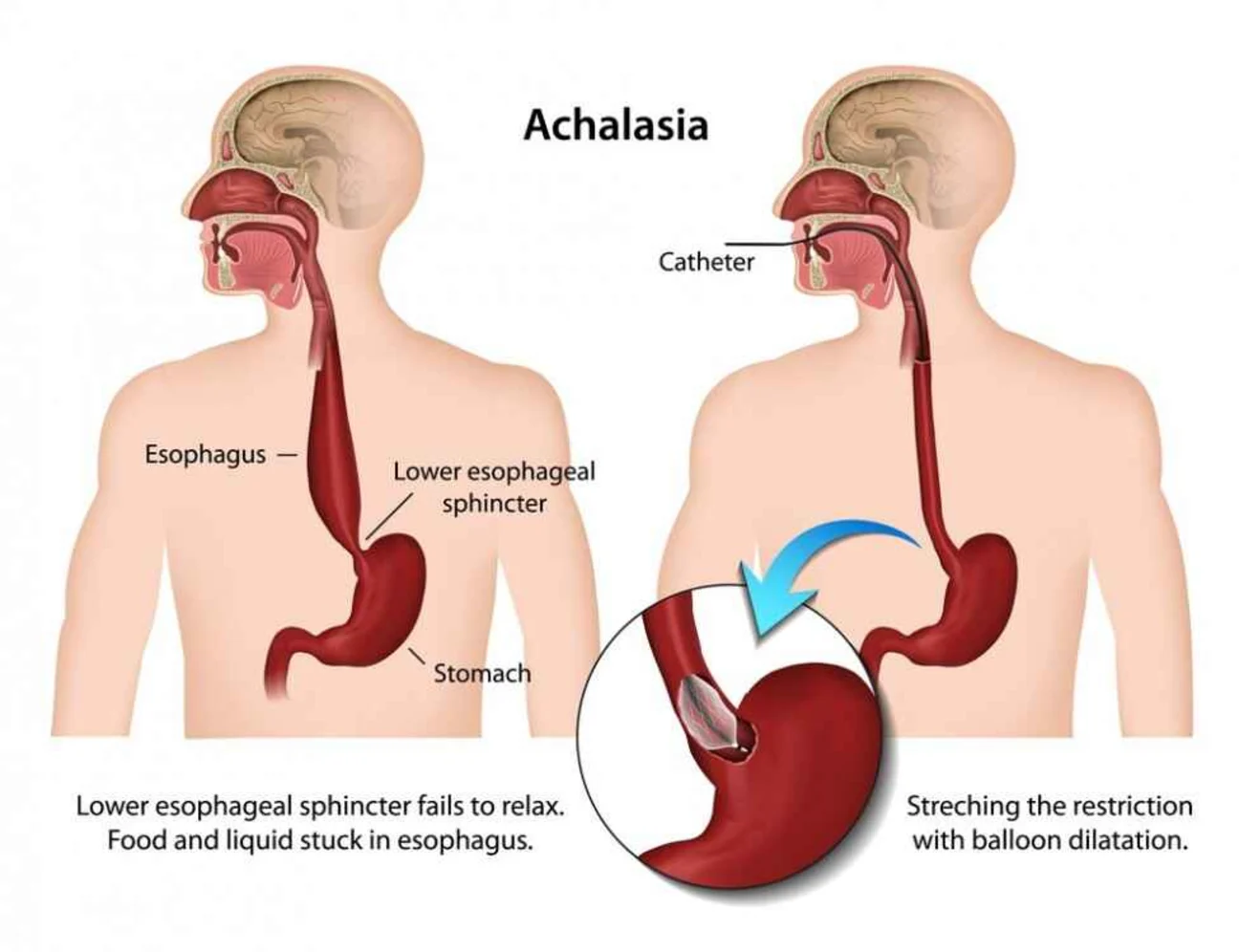
Introduction to Achalasia Cardia
Achalasia cardia is a rare disorder of esophageal motility in which the lower esophageal sphincter (LES) fails to relax properly during swallowing due to impaired peristalsis of the esophagus.
This condition is associated with failure to move food and fluids from the esophagus into the stomach, resulting in such symptoms as: dysphagia (trouble swallowing), regurgitation of undigested food, chest pain, involuntary weight loss.
The exact cause of achalasia is not well understood, but it is thought to be linked with destruction of nerves in the esophagus leading to disruption in muscle contraction coordination. Though it can occur at any age, achalasia most frequently affects adults between 25 and 60 years old.


